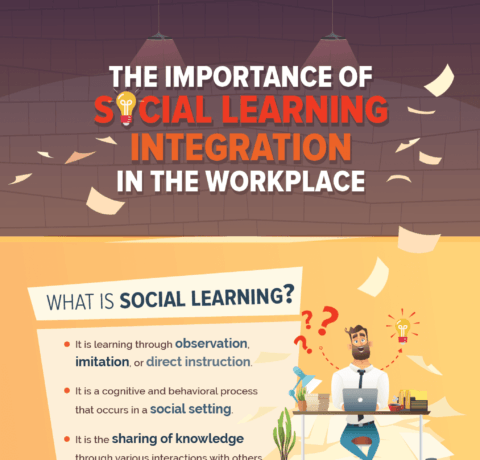The World Economic Forum (WEF) created the Human Capital Index, which is made up of four pillars that measure a nation’s human capital. The four pillars are education, health and wellness, workforce and employment, and the enabling environment.
The education pillar of the human capital index is vital to a nation's human capital growth because it encompasses significant social factors, access to education for a nation’s population, quality of education, and the ability to attain education. Rectifying issues, such as limited access to education and improving the quality of education, can have a positive effect on a nation’s human capital growth, and in turn their economy. The hope is that nations investing more resources into the four pillars will see a positive increase in human capital.
American University’s online International relations graduate program created the “Understanding the Human Capital Index” infographic to illustrate the four pillars and the impact human capital has on the global economy.







You can adjust your cookie preferences here.